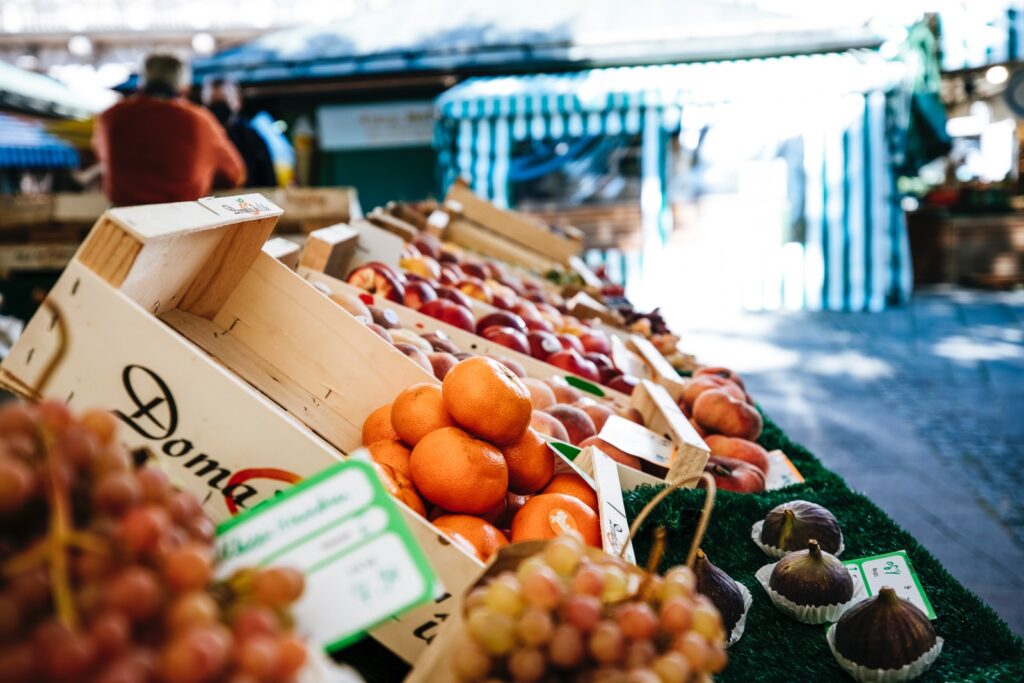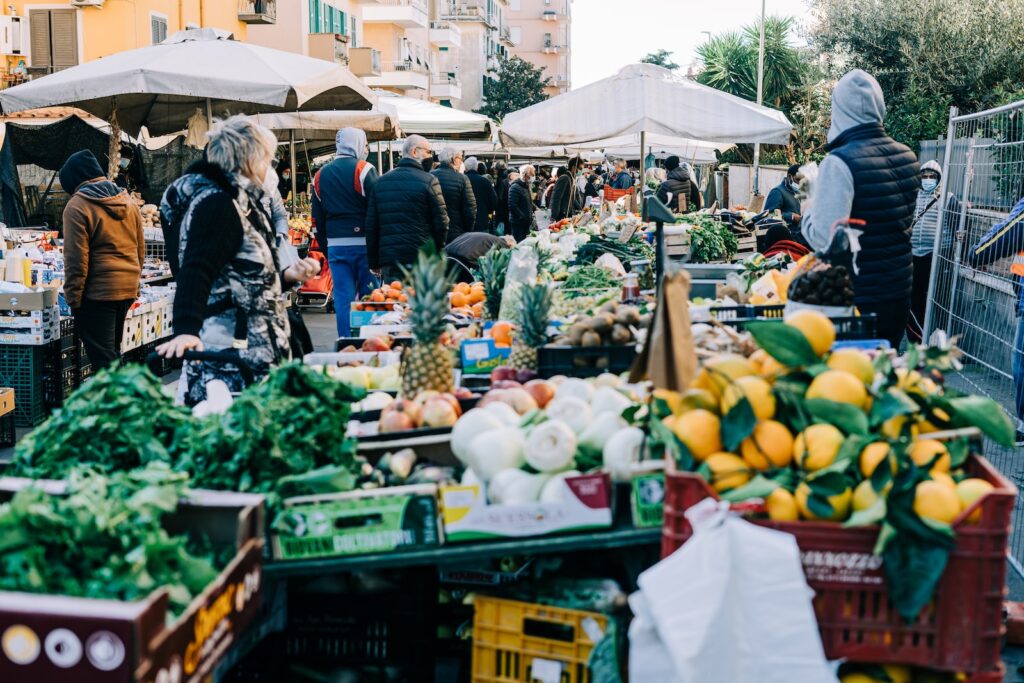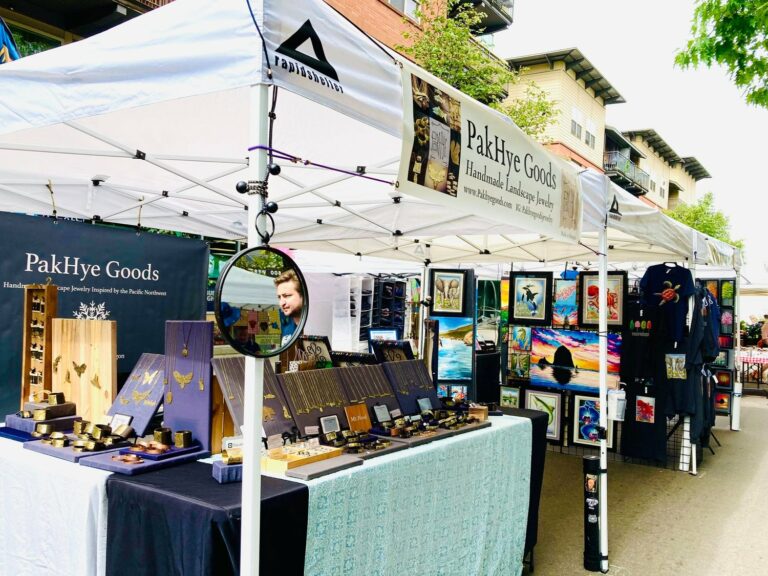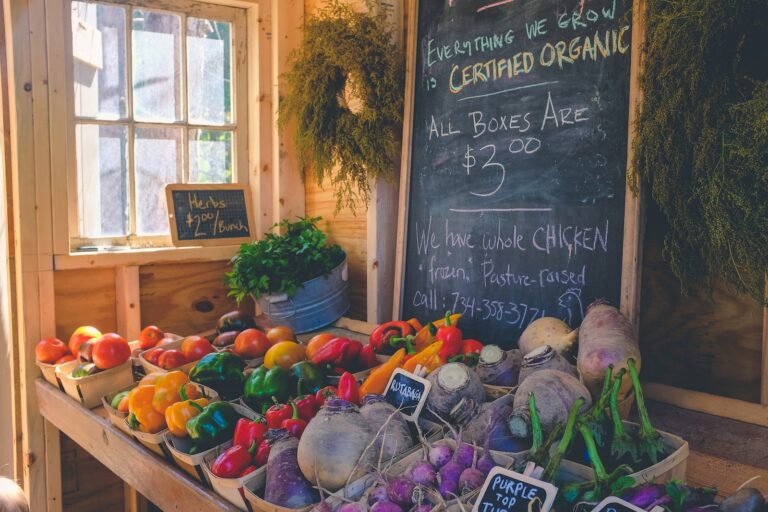Farming is a tough business, but it’s even tougher if you’re trying to sell your goods at farmers markets. The competition is stiff, and there are regulations that you have to follow—such as carrying liability insurance and renting space at the market. But don’t let these hurdles deter you from becoming a farmers market vendor! If you are looking for a new career path or want to supplement your income by selling food at farmers markets, here’s how:
- What It Takes to Become a Farmer’s Market Vendor
- You can do it full or part-time.
- You need to apply for a vendor permit.
- You will have to pay rent.
- Farmers market vendors sell food only.
- Farmers Insurance is recommended.
- If you are interested in becoming a farmers market vendor, use these steps as a guide to get started.
- Conclusion
What It Takes to Become a Farmer’s Market Vendor
To start selling your produce at a farmers market, you will need a farmers market vendor permit. The first step to gaining this permit is to pay the market manager for a spot on their lot. Next, you will have to register with your county or state department of agriculture and get permission from them. If it’s not granted by them, then they may require that you take additional courses or tests before they allow it.
Once these steps are complete, all that’s left is setting up your booth and getting started! You can do this part-time or full-time if you choose.

You can do it full or part-time.
You can do it full or part-time. If you’re looking for a part-time job, the farmers market is a good fit. If you’re looking for a full-time job, the farmers market may not be the best fit as they typically require long hours and flexibility in scheduling.
You need to apply for a vendor permit.
- You must apply for a vendor permit. You’ll do this by filling out an application and submitting it to the appropriate city department within 30 days of receiving your orientation packet.
- Your application packet should include:
- a copy of your business license or proof that you are in the process of obtaining one
- proof of liability insurance, if applicable (generally required)
- any other documentation requested in your orientation packet
You will have to pay rent.
If you’re planning to open a farmers market stall, you will have to pay rent.
To be more specific, this is what your landlord will expect from you:
- Rent is usually paid on a weekly basis.
- The amount of rent for a typical stall maybe $100 per week.
- Rent can be paid in advance or at the end of the week depending on your agreement with the landlord.
Farmers market vendors sell food only.
As a farmer, you can sell produce that you grow yourself or products made from your own farm’s products. For example, if you have a bakery business and make pies, cakes, and cookies from the fruits and vegetables grown on your farm–no problem!
However, there are some rules regarding what types of food can be sold at farmers markets:
- Only sell items that were made by hand in a professional kitchen. If you’re selling food items that were bought wholesale (like pre-made cakes), packaged in bulk (like sausage casings), or frozen meals that are not handmade (like frozen dinners), this is not allowed.
- Don’t sell any non-food items like clothing or services.
- Ensure everything is labeled properly with ingredients lists so customers know exactly what they’re buying
Farmers Insurance is recommended.
Farmers insurance is something you should consider, especially if you’re a small business owner. As with any type of insurance, a local agent can provide the best service, but online options are always available. Insurance policies are nothing to be afraid of; they help protect your business from unexpected events. For example, if your equipment were to break down or get damaged in an accident, farmers insurance will cover the costs associated with those scenarios and more. You can also purchase coverage for personal property and liability claims that may arise from an injury sustained by someone who has visited your booth at a festival or market.
Whether it’s for your truck or booth itself—or both—farmers insurance is worth taking seriously because it protects what matters most: You!
If you are interested in becoming a farmers market vendor, use these steps as a guide to get started.
If you are interested in becoming a farmers market vendor, use these steps as a guide to get started.
- Apply for a vendor permit at the city or county office where your farmers market is located.
- Make sure that you have the necessary insurance and licenses before renting space at the farmers market (farmers insurance is recommended).
Conclusion
If you are interested in becoming a farmers market vendor, use these steps as a guide to get started. You can do it full or part-time and can sell food only. Farmers Insurance is recommended because there is always some risk involved in selling your products at a public place like the farmers market.












[…] with all ingredients from a regular grocery store—and then re-created those pre-made meals using fresh farm goods from the farmers […]